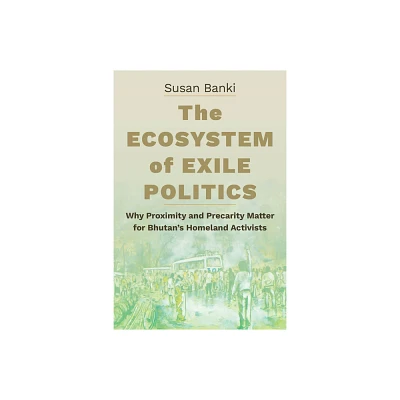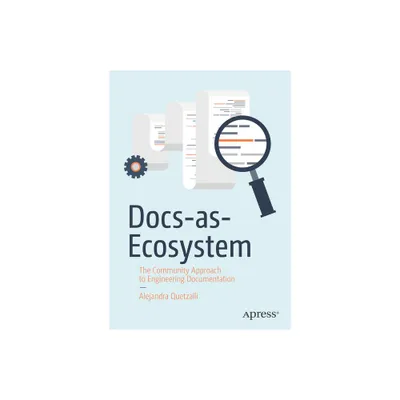Home
Pond Ecosystems of the Indian Sundarbans: An Overview
Loading Inventory...
Barnes and Noble
Pond Ecosystems of the Indian Sundarbans: An Overview
Current price: $159.99


Barnes and Noble
Pond Ecosystems of the Indian Sundarbans: An Overview
Current price: $159.99
Loading Inventory...
Size: Paperback
*Product Information may vary - to confirm product availability, pricing, and additional information please contact Barnes and Noble
This book aims to give a holistic overview of the pond ecosystem of Indian Sundarbans. Due to climate change, the Indian Sundarbans faces several challenges. With rising sea levels, islands are disappearing and the increasing salinity in the water and soil has severely threatened the health of mangrove forests and the quality of fresh water, soil and crops. Additionally, there have been serious disturbances to hydrological parameters in the lotic as well lentic ecosystems. This book provides new insights into lentic ecosystem-oriented research in the deltaic ecosystem of GBM-I (Ganga-Brahmaputra-Meghna, Indian Delta). The major findings from various research works are brought together, and the gaps and future possible ways forward are outlined. The book addresses the SDG 6 (Clean Water and Sanitation), SDG 13 (Climate Action) and SDG 14 (Life below Water), with a focus on the ecosystem services of ponds in the Indian Sundarbans.
Despite there being many studies onriverine water, ground water and mangrove ecosystems of the Indian Sundarbans, this book offers new insights into the pond ecosystem of the Indian Sundarbans.
The outcomes from this book can be utilized by researchers from the inland fisheries sector, environmental managers, professionals, and those who seek to develop ways for making pond ecosystems sustainable.
Despite there being many studies onriverine water, ground water and mangrove ecosystems of the Indian Sundarbans, this book offers new insights into the pond ecosystem of the Indian Sundarbans.
The outcomes from this book can be utilized by researchers from the inland fisheries sector, environmental managers, professionals, and those who seek to develop ways for making pond ecosystems sustainable.


















